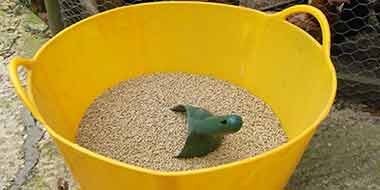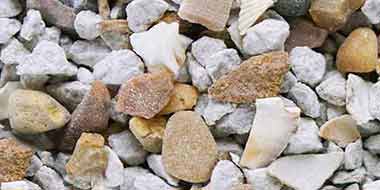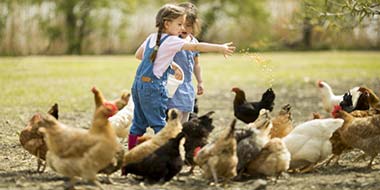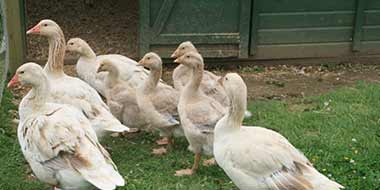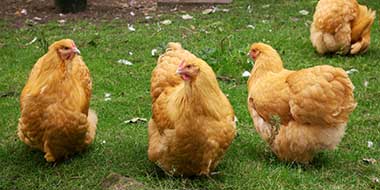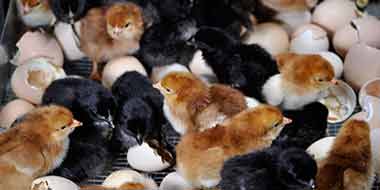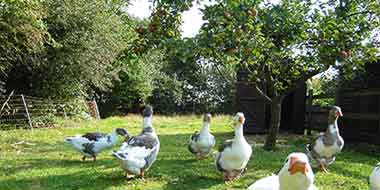Chickens are the most likely candidates to become overweight. Birds that are caged, kept in a small run or are fed the incorrect diet are the most at risk of becoming overweight. Fat hens don’t lay eggs, are prone to heat stroke, fatty liver syndrome and can have reproduction problems.
Confinement
Lack of exercise and diet come into play. Try to let the bird out for regular exercise. Whilst some breeds need to be kept inside to keep feathers in top condition for showing, a small amount of exercise in a clean grass run when the weather allows will be beneficial to them.
Diet
A common problem is feeding too much mixed corn / scratch to chickens. Maize (yellow, usually found crushed in the corn) puts fat on birds and turns the skin yellow. This can be useful during cold weather when birds need to keep warm but at other times, mixed corn should only be fed as a treat. A handful of corn per bird thrown over a wide area (called scratch feed in America) for the birds to forage before bedtime is as much as should be fed. Do not feed corn ad-lib or mixed with pellets. The main ingredient of mixed corn is wheat which is lower in protein than balanced layers feeds and whilst this is suitable for ducks, is not suitable for chickens.
Feeding scraps to chickens
Feeding scraps is another way to have a dietary imbalance. A bird will not receive sufficient protein from most kitchen scraps and whilst many people will tell you their grandfather fed scraps to his flock for years, this was before well researched balanced feeds were available and the hens of the day weren’t producing anything like the number of eggs that some modern hybrids produce today. Feeding household scraps is technically no longer allowed by DEFRA.
If you want to feed ‘allotment’ scraps, mix it into a wet crumbly ‘mash’ by mixing it with some layers mash. Limit scraps to 25% of the birds daily feed and if birds become obese then remove scraps altogether. Fresh greens can and should be fed regularly and birds allowed to free range as much as possible. Feed a balanced pellet (or mash) diet, suitable for the type of bird and growth stage of the bird ad-lib.

